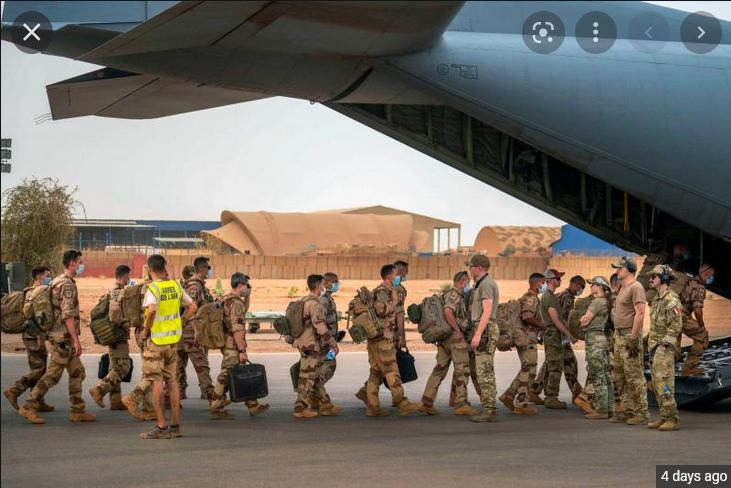Africa-Press – Gambia. Lessons of France’s withdrawal from Mali When things fall apart you usually take a step back to look at what went wrong and to learn from past mistakes. Or, as in the case with France in the Sahel, you take a step back and then you move south to new partner states who are willing to host your troops.
While this is a provocative and simplified reflection on the French President’s announcement of French troops’ withdrawal from Mali, it still mirrors what seems to be a missed opportunity for a deeply needed “lessons learned” moment.
Three lessons in particular seem to be of importance: First, it is central to have a feasible strategy and a clear objective. Second, communicating that strategy effectively is essential to get popular support at home and abroad. Third, if you decide to engage and collaborate with leaders who have come to power by bending or ignoring the rules, chances are that they will not respect your strategy.
The French President’s announcement that French and European troops would withdraw from Mali came as no surprise to observers of the unfolding diplomatic crisis between the two countries. The relations have deteriorated gradually over the past few years, starting well before the first of two successive coups in Mali, yet the speed has increased considerably during the past four weeks.
The Malian transitional authorities’ show of force whereby they publicly prohibited the Danish contingent from integrating into Taskforce Takuba resulted in a very undiplomatic, war of words, which took an abrupt turn as the French ambassador was expelled from Mali.
While this diplomatic show-down took place, the region witnessed yet another military coup – this time in Burkina Faso – a state which has suffered 7 coups and 4 coup attempts since independence, underlining the heavily tilted civil-military balance in the region and the fact that stability – however it is defined – is far from being achieved.
France is clearly not the (only)actor to blame for the current tumultuous situation, yet it is the only external actor that has been willing and able to play a prominent role in Mali and in the Sahel region at large. For this it has received significant criticism from different directions, some well-deserved, some misplaced, but there are clearly lessons to be learned for France as well as other external actors who are present in the region.
First, while France, on paper, has adopted the comprehensive approach to the security crisis in Mali, where development and diplomacy were supposed to be as prominent as the defense aspect, it is nevertheless the latter, embodied in its military operation, that has been given the central role.
The dual aim of the operation has been to fight armed terrorist groups while increasing local security forces’ capacity until they are able to handle the security threats alone. Whereas the objective is clear, the feasibility of the strategy is not. Fighting armed terrorist groups is, as history has shown, a fight without a clear enemy and subsequently also without a clear end.
In a similar vein, increasing local security forces’ capacity is a long-term project with a vague end-goal. It entails significant number of resources, both financial and material, a political buy-in from the local authorities, and perhaps most importantly, a state for which the armed forces are willing to fight.
The failure in communication between the French and the Malians is the result of a mixture of different factors. The first is structural and is the basis on which the fragile relationship between France and Mali stands on, which is the colonial past. It does not really matter whether France has any neo-colonial ambitions in the country or not, the perception and the past still weigh heavily on current communications, and can be used instantly, both by national leaders who want to play into populist tendencies and reinforce their popularity, and by external actors who want to embroil France’s reputation.
If any lesson is to be learned from the current breakdown in relations between France and Mali, it is the need to take into account local actors, perceptions and realities, a lesson which so far does not seem to have been integrated.
For More News And Analysis About Gambia Follow Africa-Press






